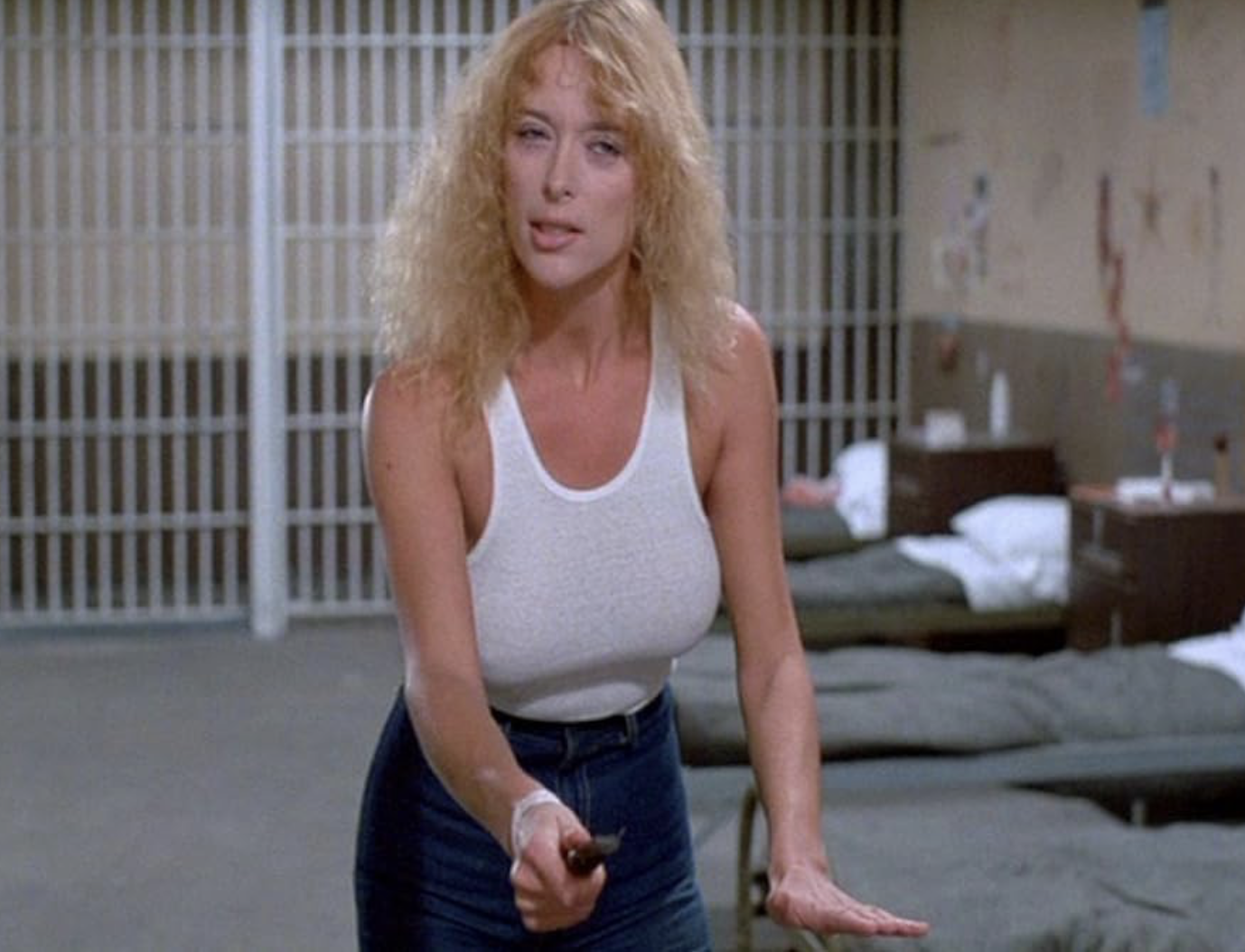Maude Annabelle Apatow entered the world on December 15, 1997, and the jokes wrote themselves before she could walk: daughter of filmmaker Judd Apatow and actress Leslie Mann, born straight into the glow of studio lights and premiere nights. Hollywood is a town obsessed with lineage—who you come from, who you know, whose shadow you’re standing in. But what they never quite figured out with Maude is this: a shadow only exists because something is shining.
She grew up in Santa Monica, attended Crossroads School, did summer stints at Interlochen Arts Camp, and lived in a home where script pages were as common as grocery lists. Her childhood had more craft services than most actors’ entire careers. But Maude wasn’t coasting on any of that. She was watching, absorbing, filing away everything—comic timing from her mother, storytelling from her father, the beautiful chaos of actors in rehearsal rooms. By the time she dropped out of Northwestern University’s theatre program after sophomore year, she had already decided she didn’t need a syllabus to define her.
Her first brushes with film were undeniably family affairs. Knocked Up (2007), Funny People (2009), This Is 40 (2012)—little roles, sharp delivery, moments of genuine vulnerability tucked into big studio comedies. She and her sister Iris played their mother’s daughters because they were her daughters, onscreen and off. For most kids, that would be a cute anecdote. For Maude, it became the blueprint for a career.
By 2012 she had a Twitter following big enough to be noticed by Forbes, landing her on their 30 Under 30 list. TIME declared her feed one of the best on the platform. She contributed essays to HelloGiggles—earnest, funny, observant pieces that showed she wasn’t just acting; she was thinking.
Then she made the leap.
The real one.
Other People (2016) gave her her first major film role without the Apatow surname attached to every corner of it. The House of Tomorrow (2017) added another layer. She made a short film with Olivia Rosenbloom—her first time behind the camera. And then came Assassination Nation (2018), a blistering satire that let her dig her nails into something sharper.
But nothing—and I mean nothing—prepared the world for Lexi Howard.
Euphoria debuted in 2019, and Maude slipped into Lexi like she’d been waiting for the right character to pour herself into. Soft-spoken. Observant. Underestimated. The girl in the corner who sees everything and says nothing until she can’t stay quiet anymore. Sam Levinson wrote the role for her, and you can feel it—Lexi has the kind of interior life most teen dramas never touch. When she steps into season two as the mastermind behind a chaotic high school play, Maude’s performance turns wry, wicked, heartbreaking. She doesn’t steal scenes; she earns them.
And then the world latched onto a term—nepo baby.
And they threw it at her like it was a weapon.
What Maude did, quietly and unmistakably, was keep working. She didn’t apologize for the family she was born into because she didn’t need to. She let her performances do the talking, and they did—loudly. By the time New York Magazine plastered her face on the “Year of the Nepo Baby” cover in 2022, she had already proven she belonged in the conversation for reasons other than genetics.
Then she did something bold: she took the stage.
In 2023 she made her New York theatrical debut in Little Shop of Horrors, stepping into the role of Audrey—fragile, bruised, hopeful Audrey—and delivered a performance so raw it felt like a confession. She extended her run. She wasn’t done. Then, in London’s West End revival of Cabaret, she took on Sally Bowles, a role that devours the unprepared. Maude held her own. She showed teeth. She showed nuance. She showed that she wasn’t an actress playing at darkness—she had depth of her own.
In April 2024, she and Rosenbloom launched Jewelbox Pictures, a production company aimed at telling stories their own way. Their first feature, Poetic License, marks Maude’s debut as a director, with Leslie Mann starring. Full circle, but this time Maude’s the one calling the shots.
She’s lived in the West Village since 2024, in that strange liminal space where artists build their second skin. And she’s dating Irish actor Patrick Gibson—two rising talents orbiting each other like stars figuring out their trajectories.
Maude Apatow is not a product of Hollywood.
She’s a product of grit.
Of curiosity.
Of a slow, steady burn in a town obsessed with explosions.
Her name may have opened the first door, but everything after that?
She earned it the hard way—one performance, one risk, one reinvention at a time.
She isn’t a nepo baby.
She’s a working artist.
And she’s only getting started.

